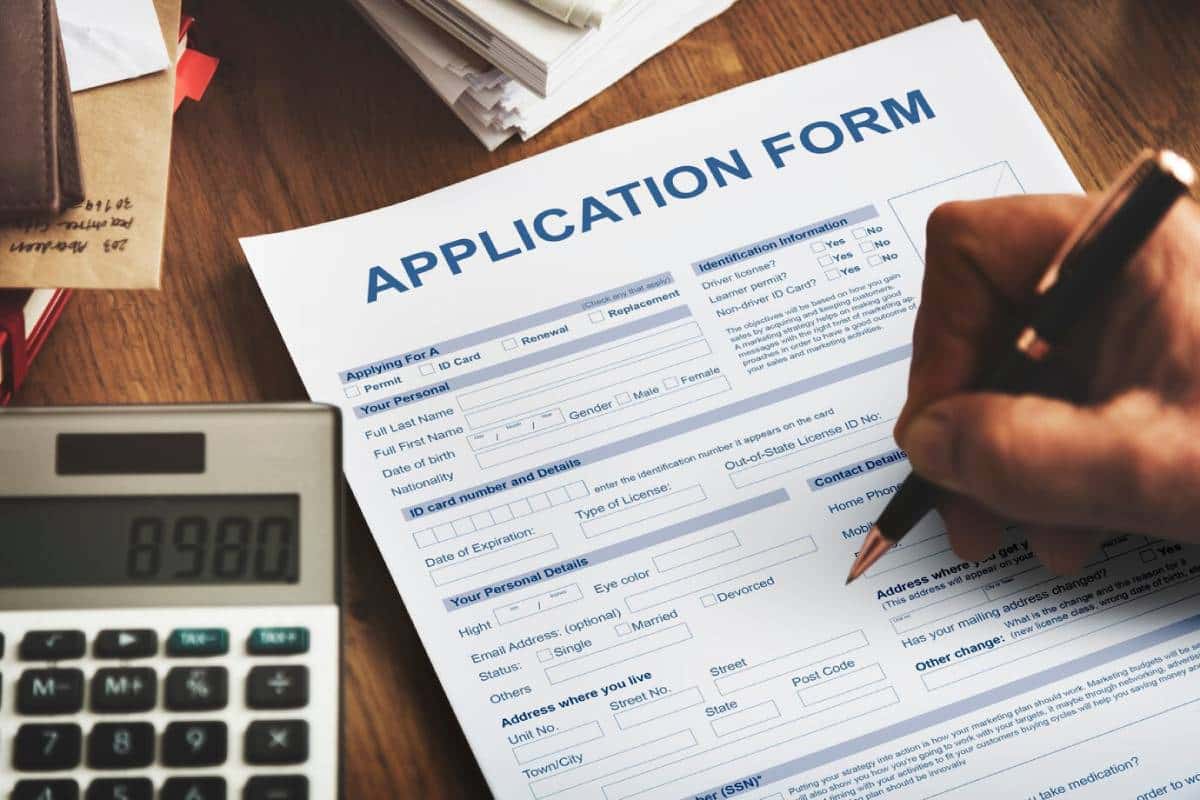
How to Choose the Right Bank Account
Choosing the correct bank account is more than just a financial choice. It’s essential for managing money, reducing costs, and building stability. Knowing modern banking lets you make wise choices. This is true whether you’re opening your first account or checking your current one.
There are many banks, online-only institutions, and fintech options. This can feel overwhelming. Choosing the right account becomes easy and fun when you know your finances.
Why Choosing the Right Bank Account Matters

Your bank account serves as the hub of your financial life. It’s where your income lands, bills get paid, and savings begin to grow. Selecting the wrong account may mean missed chances, higher fees, and fewer useful tools.
A 2024 study by UK Finance found that lifestyle-focused account choices help consumers save up to 20% more each year. This is much better than those who just go with the default option.
The benefits of selecting the right bank account include:
- Reduced maintenance and service fees
- Improved interest rates for savings
- Enhanced digital and mobile banking features
- Access to financial tools and insights
- Better fraud protection and customer support
A well-managed account can help you reach your goals. You can save for a home, budget better, or travel abroad with less expense.
Quick Checklist: Bank Account Selection Overview
- Understand different account types
- Identify your banking habits and daily needs
- Compare all fees, features, and benefits
- Prioritise mobile banking and digital services
- Review security protections and guarantees
- Research customer support quality
- Think long-term — does this account scale with you?
- Open your account and set up tools like alerts and auto-saves
Step-by-Step Guide to Choosing the Right Bank Account
Step 1: Understand Your Account Options
Modern banks offer a variety of account types tailored to different purposes.
Here’s a breakdown of the most common ones:
- Current Accounts: These are standard transactional accounts. Ideal for receiving wages, paying bills, and everyday spending.
- Savings Accounts: Designed to grow your money over time. They offer interest on your balance and may have limits on withdrawals.
- Student Accounts: Made for students. Enjoy perks like interest-free overdrafts, cashback on purchases, and fee waivers.
- Business Accounts: They help entrepreneurs and freelancers separate business income from expenses.
- Joint Accounts: Shared access for couples, family members, or housemates managing shared finances.
- Specialty/Hybrid Accounts: Some banks now offer accounts that combine the features of current and savings accounts. This option is great for those wanting one simple solution.
Step 2: Evaluate Your Banking Habits
Choosing an account based on how you manage money will save you time and money in the long run.
Consider the following:
- Do you primarily use cash, cards, or mobile payments?
- Will you need international access or multi-currency support?
- Do you regularly dip into an overdraft or maintain a healthy balance?
- Do you use financial tools to track your spending?
- Are you looking to build savings or invest?
Being honest about how you bank helps you find features that fit your lifestyle.
Step 3: Compare Fees and Costs
Not all bank accounts are free, and hidden fees can add up quickly. Standard charges to look out for include:
- Monthly account maintenance fees
- ATM withdrawal charges — especially for foreign transactions
- Overdraft interest rates or fixed fees
- Charges for dropping below a minimum balance
- Currency conversion or international transaction fees
Some accounts have benefits that make the fees worth it. These can include cashback, travel perks, or insurance. Just ensure that you’re genuinely using those features. If not, it’s money wasted.
Step 4: Focus on Digital Features
Modern banking is increasingly digital. Whether you’re good with tech or just need the basics, digital skills are key.
Look for:
- A responsive mobile banking app
- Instant notifications for account activity
- Budgeting tools and transaction categorisation
- Quick fund transfers and direct debit setup
- Virtual cards and app-based card control (e.g., freezing your card instantly)
The better the app, the more control you have over your finances. Some banks even provide AI-driven financial insights and spending trends.
Step 5: Check for Strong Security Measures
Your bank must offer robust security to protect you from fraud and cybercrime.
Check for:
- Two-Factor Authentication (2FA)
- End-to-end encryption
- Real-time fraud monitoring
- Ability to instantly lock or cancel cards
- Biometric login (e.g., fingerprint or face ID)
Ensure your bank is part of the Financial Services Compensation Scheme (FSCS). This scheme protects your deposits up to £85,000 for each person and each bank.
Step 6: Assess Customer Service Reputation
Even with perfect features, poor support can ruin your experience.
Take time to research:
- Customer reviews on platforms like Trustpilot
- How the bank handles disputes or fraud claims
- Whether they offer 24/7 service or limited hours
- Availability of chat, phone, or branch support
Good customer service is priceless in tough times like lost cards, blocked payments, or identity theft.
Step 7: Plan for the Future

Think beyond your immediate needs. A bank account should support your future aspirations, too.
- Saving for a house? Look for accounts with links to ISAs or homebuyer programs.
- Travelling abroad? Choose a bank with low or no foreign transaction fees.
- Starting a business? Ensure your provider offers seamless transition into business banking.
- Expecting life changes? Pick a bank that allows for easy upgrades or switching of account types.
Flexibility and scalability are just as important as current features.
Best Practices for Smarter Banking Decisions
1. Review Your Bank Annually
As you compare utility or insurance providers, check your bank account each year. This helps you find the best deals and meet your current needs.
2. Use Independent Comparison Tools
Websites like MoneySuperMarket, Which?, Finder, and Compare the Market show updated comparisons. They list account fees, features, and customer ratings side by side.
3. Take Advantage of Switching Services
In the UK, the Current Account Switch Service (CASS) helps move your direct debits, salary deposits, and balances. This usually happens in about 7 working days. It’s free, secure, and most importantly, you often get bonuses for switching.
Frequently Asked Questions
Q: How many bank accounts should I have?
Ideally, maintain at least one current and one savings account. Many also open separate accounts for goals like holidays, rent, or emergencies.
Q: Will switching banks hurt my credit score?
A: No, not unless you’re applying for a new credit product like an overdraft or credit card. Regular bank switching does not affect your credit file.
Q: Are digital-only banks safe?
A: Yes, if they are approved by the Financial Conduct Authority (FCA) and protected by FSCS. Always check their credentials before signing up.
Common Mistakes to Avoid
- Following others blindly: Just because your friends use a particular bank doesn’t mean it fits you.
- Watch the fine print: That shiny bonus could depend on strict monthly deposits or usage rules.
- Don’t ignore long-term needs: Your student account may not work for you after graduation, so plan.
Final Thoughts: Build a Strong Financial Foundation
The correct bank account is more than just a place to park your money — it’s a partner in your financial journey. It can help you spend smarter, save more, and avoid stress.
Next steps:
- Identify your financial habits and goals
- Compare multiple providers, not just the big names
- Choose an account that supports you today and adapts for tomorrow
- Set up tools like savings vaults, automatic transfers, and alerts
Your bank should work for you, not the other way around.
When you’re ready to open a new account, remember
this: your choice can improve your financial health for years.


